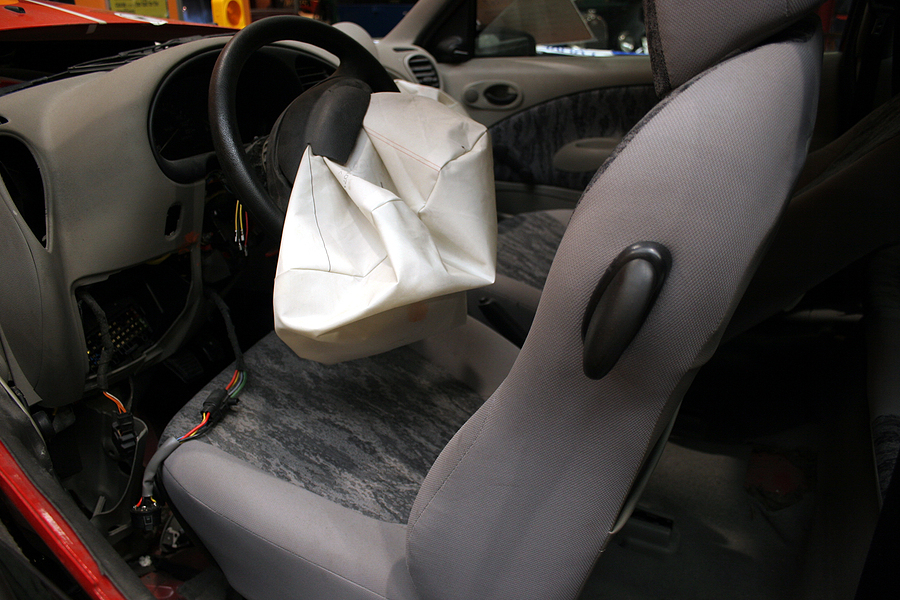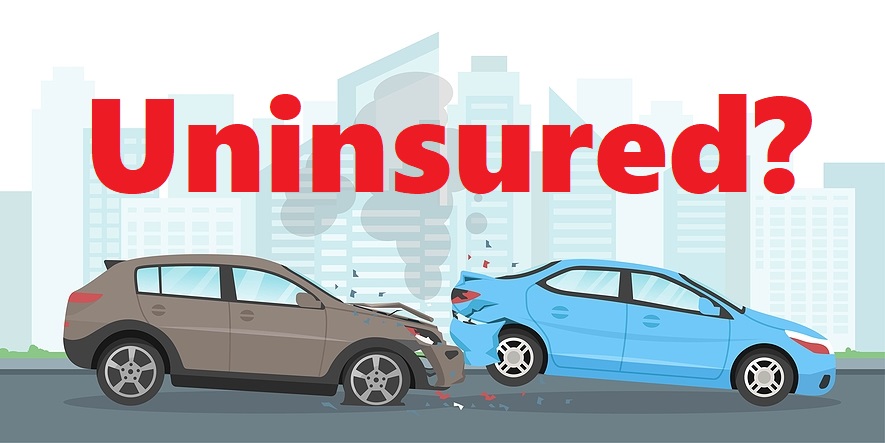Every car owner dreads the sight of a crumpled hood or the sound of a motor failing to start. The ordeal of a vehicular accident is harrowing enough, but what happens when your insurance company tells you it’s not worth fixing and declares it a “total loss”? It’s a moment that can feel like the end of the road for your trusty companion on wheels. But is it really? Could your wrecked vehicle still hold value beyond the scrap heap it seems destined for?
In this comprehensive guide, we’re revealing how those with total loss vehicles can turn their hardship into opportunities. We’ll detail the total loss process, explain the nitty-gritty of evaluating total loss claims, and provide practical advice for making the most out of your situation. Whether you’re navigating the intricacies of insurance settlements, exploring the environmental impact of your decision, or seeking cash for your discarded car, this guide is your roadmap to turning a motor vehicle crash into a success story.

The Total Loss Process Demystified
The first step is to demystify the total loss process, which begins when the repair costs of your vehicle exceed a certain percentage (often around 75%) of its actual cash value (ACV), pre-accident. Your insurance provider will declare it to be uneconomical to repair and therefore “totaled.”
From the moment your vehicle is deemed a total loss, the clock starts ticking. You’ll need to file a claim, have your clunker evaluated by an appraiser, and finally, negotiate a settlement. Understandably, emotions run high in these situations, but knowledge is your greatest ally. When it comes to interacting with your insurance company, being informed about the process can lead to better outcomes.
The Timeline of Total Loss Claims
The total loss process can actually be quite involved, with several key stages. Here’s a brief overview:
- Notification: Your insurer will inform you that your vehicle has been labeled a total loss.
- Appraisal: An appraiser will estimate the actual cash value of your vehicle at the time of the accident.
- Settlement Negotiation: You’ll enter into negotiations with the insurer to determine the payout you’ll receive.
- Payout and Title Transfer: Finally, you’ll receive your settlement and, usually, transfer the title to the insurer.
Each stage brings its own set of challenges and opportunities, and being savvy from the get-go is crucial.
Evaluating the Total Loss: Understanding the Numbers
When it comes to total loss evaluations, it’s important to know that the process quite often favors the insurance company. The key figures that come into play are the actual cash value of the car and the cost of the necessary repairs.
Actual Cash Value Explained
The ACV is the fair market value of your vehicle just before the damage occurred. This figure can be contentious, with insurers sometimes undervaluing cars to keep payouts low. The calculation typically considers make, model, age, mileage, and pre-existing conditions. You can—and should—question and negotiate this figure if it seems low. After all, your goal is to receive an amount that adequately covers the loss of your vehicle.
Salvage Titles, Buybacks, and Repairs
Once you understand the ACV, you’ll have a few options to consider. One is accepting a settlement and giving the insurer the right to scrap the vehicle, also known as obtaining a salvage title. Another option is a buyback—where you purchase the totaled car from your insurer for the salvage value—and then decide to repair it out-of-pocket or sell it as-is.
The Salvage Title Conundrum
A vehicle with a salvage title indicates it has been totaled in the past. While it can still be legally driven if it passes an inspection, it will likely lose most of its resale value, which is why some owners opt for a buyback without repairing the car.
Making the Most Out of Your Total Loss
Navigating the total loss claim process can be like crossing a minefield. Here are the strategies to not only survive but thrive.
Negotiation Tactics for a Better Payout
Negotiating with an insurance company can be intimidating, but standing your ground is paramount. Here are a few tactics to consider:
- Present Evidence: Use online listings, local dealerships, and expert opinions to support a higher ACV.
- Detail Your Car’s Condition: An extra feature or well-maintained part could bump up its value.
- Challenge Deductions: Insurers may deduct for salvage value or the value of undamaged parts that could be sold, but these numbers are not fixed.
Recovering the Maximum Value
After the smoke from the negotiation clears, there’s a chance to still extract value from your wrecked car. You can:
- Sell Usable Parts: Sometimes, the sum of the parts is worth more than the whole.
- Selling Online: If you’re handy, or find the right buyer, you could sell the car with its salvage title, disclosing the full extent of the damage.
- Donating for Tax Benefits: Some organizations accept non-functional cars as donations, which could lead to tax deductions for you.
Financial Consequences of Total Loss Decisions
The financial impact of a total loss decision can be profound. Considerations include the cost of a replacement ride, the impact on your insurance premiums, and potential loans secured by your old car.
Responsible Junk Car Disposal and Recycling
The fate of your totaled car can also be a reflection of your environmental conscience. Opting for responsible junk car disposal or recycling can mitigate the ecological backlash of a car crash.
The Push for Responsible Disposal
Scrap vehicle disposal isn’t just about making space—it’s a responsible step in reducing waste and managing resources.
The ABCs of Auto Recycling
Recycling a car involves reclaiming valuable materials such as steel, aluminum, and rubber, while filtering out hazardous waste. This process is not only environmentally savvy but can also put some money back in your pocket through recycling centers.
Selling to Junk Car Buyers: Instant Cash for Totaled Vehicles
One option many consider, and for good reason, is selling their total loss vehicle to a scrap car buyer. These specialized dealers often offer the quickest transaction for instant cash, taking the hassle out of parting with your damaged car.
Scrap Car Companies and Their Role
Junk car buyers, or Cash for Cars companies, can interact with individuals and insurance companies, manage the towing, and streamline the process, offering a fair price for cars others might view as worthless.
Conclusion
Don’t see your total loss as the end of the road. Instead, view it as the beginning of a new chapter. With the strategies detailed in this guide, you’ll be equipped to turn a seemingly dire automotive crash into an opportunity. By understanding the total loss process, evaluating your options with a critical eye, and taking action to recover as much value as possible, you’ll emerge from your ordeal not just financially secure, but environmentally responsible and, quite possibly, with a sense of empowerment.
If you’re eager to explore the immediate value of your total loss car, contact your local auto salvage yard to begin the process. It all starts with a call or a visit, and soon enough, you could turn your totaled car into a boon, financially and ecologically. After all, in the world of total loss vehicles, there’s a surprising amount of life left.
It’s time to unlock the unseen potential in your wrecked vehicle and set out on the next leg of your automotive adventure. Contact Zore’s Inc. Cash for Cars division at 317-450-3721 to get a free, over-the-phone quote from an honest and reputable Indianapolis junk car buyer. We serve all of Central Indiana with free junk car removal!
Related Posts:
Understanding High-Cost Car Repairs: What You Need to Know
Common Automotive Damages That Can Total a Car
Top 5 Factors Used to Determine the Total Loss Value of a Car

